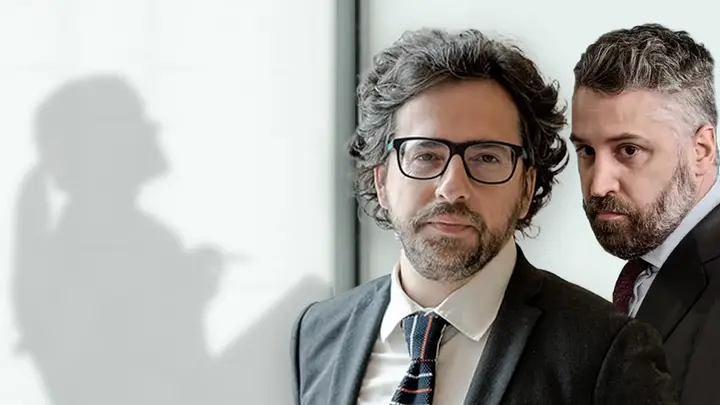PSD, CHEGA and PCP communists advocate “urgent review of current legislation”
The multiplicity of issues dogging TVDE activities (Transport in Unmarked Vehicles from an Electronic Platform) see PSD (the government’s ruling party), CHEGA (further right wing) and PCP communists all propose changes to the legal framework today.
Each party considers it is urgent to review current legislation, and increase oversight in the sector.
Bizarrely, a report by the Institute of Mobility and Transport (IMT), containing proposals to amend the 2018 law, was made public at the end of 2022 – 12 months after it was ‘delivered’ – yet nothing came of them.
Since that time, complaints have ‘skyrocketed’ – particularly in relation to the fact that many TVDE drivers not only cannot speak Portuguese, they don’t appear to know where they are going…
Thus, “drivers’ mastery of the Portuguese language” is one of CHEGA’s priorities: the party’s bill advocates this as one of the requirements for being a TVDE driver
Bloco de Esquerda – taking a draft resolution to parliament, which doesn’t have the force of law – wants the government to start giving free Portuguese language lessons to “all workers on digital platforms”; CDS-PP (the PSD’s coalition partner in government) is recommending (very much in the vein of CHEGA) that the executive, both in the process of reviewing the law and in other initiatives on driver training, “promote the ability of drivers to use the Portuguese language”, while PSD aims to “guarantee the possibility for users” to choose, through a service search filter, the language spoken by the driver, “always including Portuguese as an option”.
What unites the parties is the sense of urgency in reviewing law 45/2018, with the PCP defending the suspension of the granting of any new TVDE licenses until the conclusion of this process.
Other concerns centre on charges, and safety.
CHEGA, for example, wants TVDE to be “under surveillance by a closed-circuit television, with images being recorded”, while PSD seems content with the “existence of a panic button for drivers and users that allows the vehicle to be located, as well as proper real-time communication with authorities”.
A little over a month ago, the first amendment to what is loosely termed the “Uber law” was published in state gazette Diário da República, establishing rules for obtaining and renewing drivers’ certificates and ensuring knowledge of the rules of the activity and “skills to drive safely”.
Right now, there are only two platforms operating in Portugal: UBER and BOLT. A third, aimed at ‘women, driven by women’, was recently refused a licence on the basis that it was discriminatory… The entrepreneur behind the project, Mónica Faneco, was stunned by the decision, and has since launched a petition in support of businesses created ‘only for women’.
natasha.donn@portugalresident.com
Source material: LUSA




















